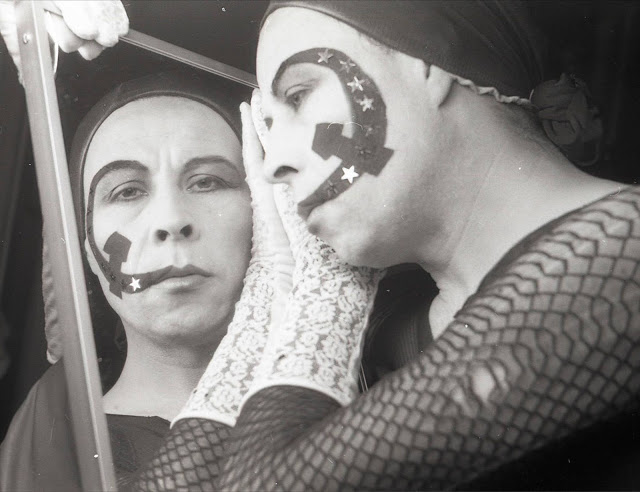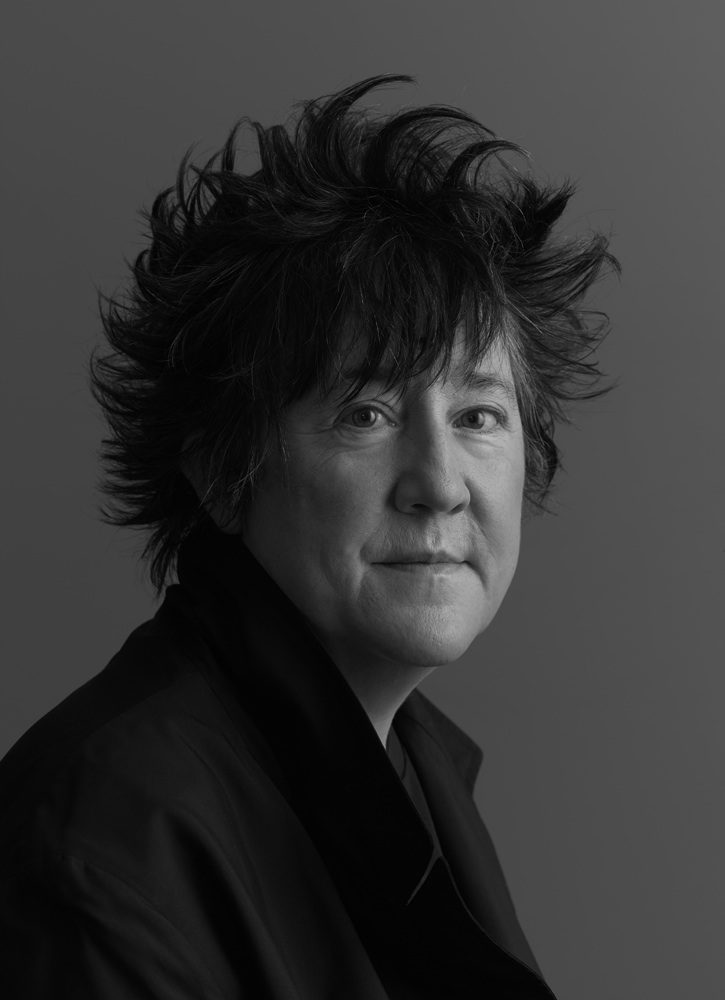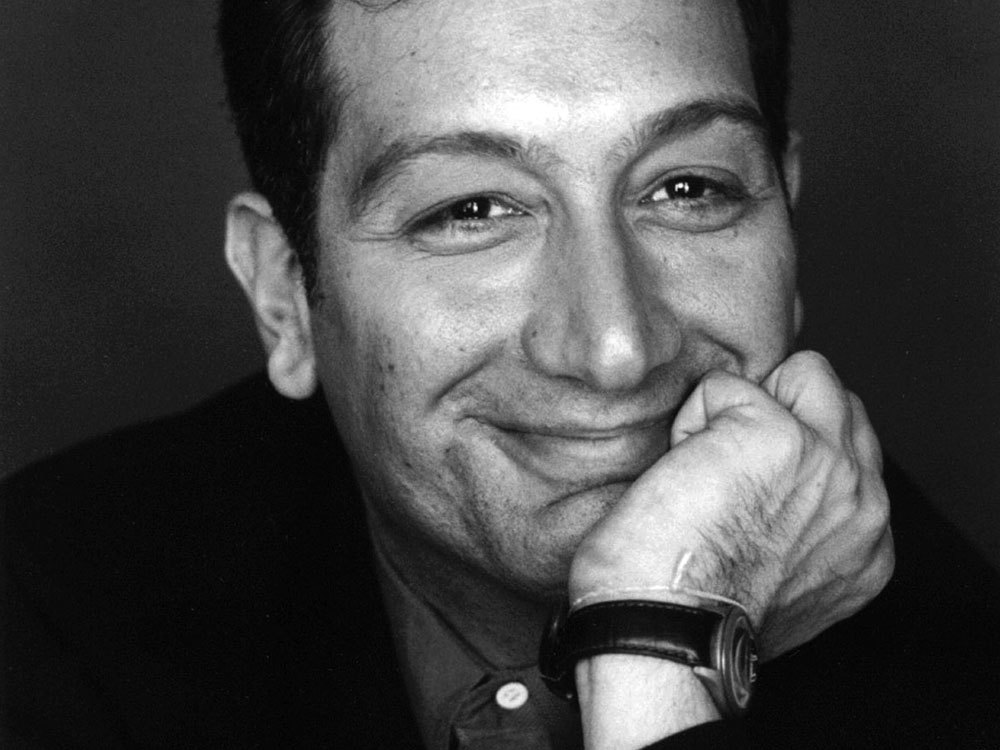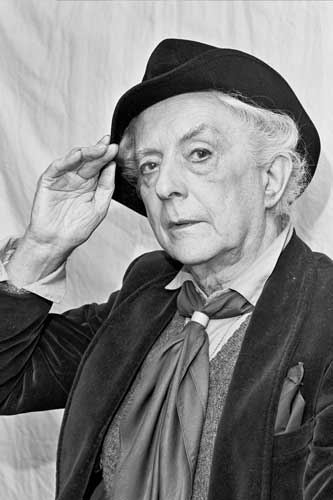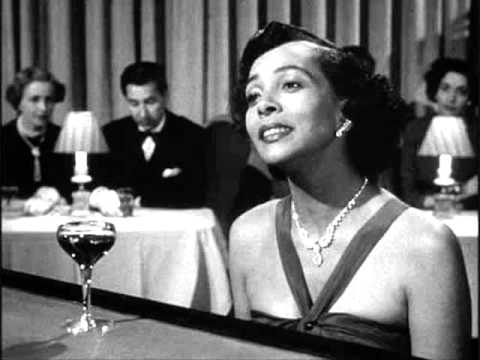November 21
VOLTAIRE, French philosopher, born (d: 1778); born François-Marie Arouet, better known by the nom de plume Voltaire, was a French Enlightenment writer, essayist, deist and philosopher known for his wit, philosophical sport, and defense of civil liberties, including freedom of religion and the right to a fair trial. He was an outspoken supporter of social reform despite strict censorship laws and harsh penalties for those who broke them. A satirical polemicist, he frequently made use of his works to criticize Christian dogma and the French institutions of his day. The name "Voltaire," which he adopted in 1718 not only as a pen name but also in daily use, is an anagram of the Latinized spelling of his surname "Arouet" and the letters of the sobriquet "le jeune" ("the younger"): AROVET Le Ieune. The name also echoes in reversed order the syllables of a familial château in the Poitou region: "Airvault".
In terms of religious texts, Voltaire was largely of the opinion that the Bible was 1) an outdated legal and/or moral reference, 2) by and large a metaphor, but one that perhaps taught some good lessons, and 3) a work of Man, not a divine gift. These beliefs did not hinder his religious practice (It is a line from one of his poems that translates "If God did not exist, it would be necessary to invent Him.") though it did gain him somewhat of a bad reputation in the Catholic Church. He is best known today for his novel, Candide.
Voltaire blew hot and cold on the subject of homosexuality. Although he is known to have sampled the delights of same-sex love on one occasion, he nonetheless admonished a friend who wanted to try it a second time, “Once, a philosopher,” he proclaimed, “twice, a sodomite!” He was locked in a love-hate relationship with Frederick the Great, with whom he spent agonizing, ecstatic years. In her biography of Voltaire, Nancy Mitford writes that “nobody who studies the life of Voltaire can doubt that he had homosexual tendencies, and one wonders whether his feelings for the king were not exacerbated by unrequited passion.” Whatever his personal reservations about homosexuality, the famous French writer was forthright in declaring that sodomy, “when not accompanied by violence, should not fall under the sway of criminal law, for it does not violate the rights of any man.” We will never know why Voltaire once signed a letter to a male friend, “E vi baccio il catzo,” which, politely translated means, “I kiss your rod.”
PEDRO SEGUNDO MARDONES LEMEBEL was an out Gay Chilean essayist, chronicler, novelist, and LGBT activist born on this date (d: 2015); He was known for his cutting critique of authoritarianism and for his humorous depiction of Chilean popular culture, from a queer perspective. Imagine a cross-pollination between RuPaul, Larry Kramer and Antonin Artaud. He was nominated for Chile's National Literature Prize in 2014, and was a 1999 Guggenheim Fellow.
Lemebel attended writing workshops to hone his skills and network with other writers, his first writing recognition was in 1982, when he won an award for his short story, Porque el tiempo está cerca ("Because time is short"). In 1986, he published as his first major work, the book Incontables, a compilation of short stories under the feminist publication label, Ergo Sum. A year later, he co-founded a performance collective that used the tactics of intervention and disruption of events to raise public consciousness about the struggles of minorities in Chile. The disruption and performances of the collective brought Lemebel into public awareness in Chile. In 1986, he disrupted a meeting of Chile's left wing groups opposed to Augusto Pinochet's dictatorship, entering the meeting in high heels and in facial makeup depicting an hammer and sickle extending from his mouth to his left eyebrow. At the event, he spoke about his manifesto, ‘Manifest: I Speak for my Difference’ criticizing homophobia in left wing politics. Though widely known to be a communist, he was estranged from the party because of his homosexuality (not unlike Harry Hay.)
Lemebel is beloved for his influence in the fight for homosexual rights, his work as a writer, and his strong political side. Lemebel was much more than a writer; he was a free man, an artist, a political and popular icon, but more than anything a rebel and a voice for the LGBTcommunity.
Lemebel was born Pedro Mardones Lemebel, but he too k the last name of his mother, as the first big political decision that reaffirmed his commitment towards his Gay side, a side that was extensively incorporated into his literary works. Lemebel was able to envisage a hidden reality of Gay people; he was able to unmask the violence of which Gay people were victims in Chile. The importance of Pedro Lemebel is not only value for his talent as a writer, but also as a person of defiance in a conservative and machista country. Journalist Óscar Contardo described Lemebel as a “popular figure: a figure that is suppose to be disgusted in our society, which is the "loca" (queen), he managed to make that figure as the center, and then transform it into a popular icon."
Some of his works include: La esquina es mi corazón, Loco afán: Crónicas del sidario (chronicles). Santiago: LOM, (1996); De perlas y cicatrices ("Of Pearls and Scars"). Santiago: LOM, (1998); La esquina es mi corazón, Santiago: Seix Barral, (2001.) Tengo miedo torero (novel). Santiago: Grupo Editorial Planeta, (2001) (translated as My Tender Matador, published by Grove)
Lemebel died in 2015 of laryngeal cancer.
CHRISTINE VACHON, born today, is an American film producer active in the American independent film sector. She produced Todd Haynes' first feature, Poison, which was awarded the Grand Jury Prize at the 1991 Sundance Film Festival. Since then, she has gone on to produce many acclaimed American independent films, including Far from Heaven (nominated for four Academy Awards), Boys Don't Cry (Academy Award winner), One Hour Photo, Hedwig and the Angry Inch, Happiness, Velvet Goldmine, Safe, I Shot Andy Warhol, Go Fish, Swoon, I'm Not There, Gigantic, Cracks. and Cairo Time. Her latest and upcoming projects include a short film collaboration with ACE Hotel and online film content producers Massify entitled "Lulu at the Ace Hotel" as well as a five-part HBO mini-series adaptation of James M. Cain's 1941 novel, Mildred Pierce.
Vachon also participates as a member of the Jury for the NYICFF, a paramount New York City Film Festival dedicated to screening films for children between the ages of 3 and 18.
Vachon was born in Manhattan, New York City. She is the daughter of Françoise Fourestier and photographer John Vachon.
She graduated from Brown University in 1983, where she met fellow alums director Todd Haynes and Barry Ellsworth. Together, they created Apparatus Productions in 1987, a non-profit company deeply inspired by the anti-Hollywood New York film scene and oversaw the production of seven films in five years. Most notoriously, Apparatus produced Haynes' controversial Superstar: The Karen Carpenter Story, a film depicting the dramatic rise and fall of the anorexic pop star. To make financial ends meet, Vachon became a proofreader by night. She also took on odd jobs in the film industry to learn the trade.
Vachon and fellow New York producer Pamela Koffler currently run Killer Films, which was established in 1996. The company celebrated its 10th anniversary in 2005 and was honored with a retrospective at the Museum of Modern Art in New York.
Her first feature Poison (written and directed by Academy Award nominee Todd Haynes) won the Grand Jury Prize at Sundance in 1991. Since that initial success Christine has worked on a number of noteworthy films, including I Shot Andy Warhol, Happiness, Kids, One Hour Photo, and Boys Don't Cry. Through her enduring relationship with Todd, she has worked on every feature film of his to date, including Safe, Velvet Goldmine, Far From Heaven, and I'm Not There, which starred Christian Bale, Cate Blanchett, Richard Gere, Heath Ledger, Charlotte Gainsbourg, Julianne Moore, and Michelle Williams. Cate Blanchett received both Academy Award and SAG Award nominations for Best Supporting Actress, and the film was also nominated for four Independent Spirit Awards, notching a Best Supporting Actress win for Cate Blanchett.
In 2008, Vachon won an Emmy for her role as executive producer for the TV adaptation of Ira Glass's This American Life.
Killer's releases for 2008 include Savage Grace, directed by Tom Kalin and starring Julianne Moore; An American Crime, starring Catherine Keener and Elliot Page, directed by Tommy O'Haver: Then She Found Me, the directorial debut of Helen Hunt, starring herself, Bette Midler, Colin Firth and Matthew Broderick.
Vachon continued her long-standing collaboration with Todd Haynes for the 2015 film, Carol. She is the Artistic Director of the MFA Program at Stony Brook Manhattan.
Vachon and her partner, artist Marlene McCarty, live in the East Village of New York with their daughter Guthrie. In the fall of 2009, Vachon went into remission after a battle with breast cancer.
The playwright, director and founder of Tectonic Theater Project, MOISES KAUFMAN, was born on this date. He is the author of "Gross Indecency: The Three Trials of Oscar Wilde", "33 Variations" and is perhaps best known for writing The Laramie Project with other members of Tectonic Theater Project. He was born and raised in Caracas, Venezuela and moved to New York City in 1987.
He made his Broadway directing debut in the 2004 production of I Am My Own Wife by Doug Wright, for which he received a Tony Award nomination for Best Direction of a Play. Mr. Kaufman is a Guggenheim Fellow.
Kaufman lives in New York with his husband Jeffrey LaHoste.
QUENTIN CRISP, British writer, raconteur, personality extraordinaire and actor, died (b. 1908); born Denis Charles Pratt, Crisp was an English writer, artist's model, actor and raconteur known for his memorable and insightful witticisms. He became a gay icon in the 1970s after publication of his memoir, The Naked Civil Servant, brought to the attention of the general public his defiant exhibitionism and longstanding refusal to conceal his sexuality.
By his own account, Crisp was effeminate in behavior from an early age and found himself the object of teasing at Kingswood Preparatory School in Epsom, from where he won a scholarship to Denstone College, near Uttoxeter in 1922. After leaving school in 1926, Crisp studied journalism at King’s College London, but failed to graduate in 1928, going on to take art classes at Regent Street Polytechnic.
Around this time, Crisp began frequenting the cafés of Soho – his favorite being The Black Cat in Old Compton Street – meeting other young Gay men and rent-boys, and experimenting with make-up and women's clothes. For six months he worked as a prostitute, looking for love, he said in a 1999 interview, but finding only degradation.
Crisp left home to move to the center of London at the end of 1930 and, after living in a succession of flats, found a bed-sitting room in Denbeigh Street, where he held court with London's brightest and roughest characters. His outlandish appearance – he wore bright make-up, dyed his long hair crimson, painted his fingernails and wore sandals to display his painted toenails – brought admiration and curiosity from some quarters, but generally attracted hostility and violence from strangers passing him in the streets. Crisp attempted to join the army at the outbreak of WWII, but was rejected and declared exempt by the medical board on the grounds that he was 'suffering from sexual perversion'.
The successful screening of The Naked Civil Servant launched Crisp in another new direction: that of performer and lecturer. He devised a one-man show and began touring the country with it. The first half of the show was an entertaining monologue loosely based on his memoirs, the second half was a question and answer session with Crisp picking the audience's written questions out at random and answering them in an amusing manner. In 1978 Crisp sold out the Duke of York’s Theater in London, then took the show to New York, where he eventually decided to move. His first stay there, in the Chelsea Hotel, coincided with a fire, a robbery, and the death of Nancy Spungen. He set about making arrangements to move to New York permanently and in 1981 he arrived with few possessions and found a small apartment in Manhattan’s Lower East Side.
He continued to perform his one-man show, published groundbreaking books on the importance of contemporary manners as a means of social inclusivity as opposed to etiquette, which socially excludes, and supported himself by accepting social invitations and writing movie reviews and columns for U.S. and UK magazines and newspapers. He said that provided one could exist on peanuts and champagne, one could quite easily live by going to every cocktail party, premiere and first night to which one was invited. As he had done in London, Crisp allowed his phone number to be listed in the Manhattan telephone directory and saw it as his duty to converse with anyone who called him. For the first twenty or so years of owning his own telephone he habitually answered calls with the phrase "Yes, God?" ("Just in case," he once said.) Later on he changed it to "Oh yes?" in a querulous tone of voice.
In addition to his listed phone number, he accepted dinner invitations from almost anyone. While it was expected that the inviter would pay for dinner, Quentin Crisp did his best to "sing for his supper" by regaling his hosts with wonderful stories and yarns much as he did in his theatre performances. Dinner with him was said to be one of the best shows in New York.
The year after The Naked Civil Servant was broadcast on British and American television and made both actor John Hurt and Crisp himself into stars, the former nude model & prostitute, now theater-filling raconteur, himself made his debut as a film actor in the Royal College of Art's low-budget production of Hamlet (1976). Crisp played Polonius in the 65-minute adaptation of one of Shakespeare's greatest works, in support of Helen Mirren, who doubled as Ophelia and Gertrude. It would be nine years before his next turn before the cameras, in the 1985 film The Bride, which brought him into contact with Sting, who played the lead role of Baron Frankenstein. Sting later wrote a song about Crisp, "Englishman in New York", that includes the lines:
It takes a man to suffer ignorance and smile, Be yourself no matter what they say.
He appeared on the television show The Equalizer in the 1987 episode "First Light" and as the narrator of director Richard Kwietniowski’s's short film Ballad of Reading Gaol (1988), based on the immortal poem by Crisp's seminal forefather, Oscar Wilde. Four years later he was cast in a lead role, and got top billing, in the low-budget independent film Topsy and Bunker: The Cat Killers, which was filmed in New York City, his new home town, now, for over a decade. He played the doorman of a fleabag hotel in a rundown neighborhood quite like the one he lived in.
In 1992, he was persuaded by Sally Potter to play Elizabeth I in the film Orlando. Although he found the role taxing, he won acclaim for a dignified and touching performance. Crisp next had an uncredited cameo in the controversial 1993 AIDS drama Philadelphia. Crisp's last role was in an independent film called "American Mod" (1999), and his last full-feature movie was "HomoHeights" (also released as "Happy Heights") (1996). He was chosen by Channel Four to deliver the first "Alternative Christmas Speech", a counterpoint to the Queen’s Christmas speech, in 1993.
In 1996 he was among the many people interviewed for the historical documentary on how Hollywood films have depicted homosexuality, entitled The Celluloid Closet. In his third volume of memoirs, Resident Alien, published in the same year, Crisp stated that he was close to the end of his life. However, a humorous pact he had made with Penny Arcade to live to one hundred, with ten years off for good behavior proved prophetic. In June of that year, he was one of the guest entertainers at the second Pride Scotland festival in Glasgow.
In December 1998, he celebrated his ninetieth birthday performing the opening night of his one-man show, "An Evening with Quentin Crisp," at The Intar Theatre on 42nd Street in New York City (produced by John Glines of The Glines). In November 1999, Quentin Crisp died nearly one month before his ninety-first birthday in Choriton-cum-Hardy (wouldn’t he just?!) in Manchester, England, on the eve of a nationwide revival of his one-man show. His body was cremated with a minimum of ceremony as per his request, and his ashes flown back to New York and scattered over Manhattan. And the world is just a little bit less interesting with his departure.
HADDA BROOKS, American jazz singer, pianist, and composer died (b. 1916); noted American pianist, vocalist and composer. Her first single, "Swingin' The Boogie", which she composed, was issued in 1945. She was billed as "Queen Of The Boogie." Highlights of her life included singing at Hawaii's official statehood ceremony in 1959 and being asked for a private audience with Pope Pius XII.
Brooks began playing piano professionally in the early 1940s at a tap-dance studio owned by Hollywood choreographer and dancer Willie Covan. For ten dollars a week, she played the popular tunes of the day while Covan worked with such stars as Fred Astaire, Gene Kelly, and Shirley Temple. Brooks was married briefly during this period to a Harlem Globetrotter named Earl "Shug" Morrison in 1941. She toured with the team when they traveled. Morrison developed pulmonary pneumonia, however, and died about a year after they were married. A Lesbian, it was Brooks's only marriage.
She usually played the small part of a lounge piano player in films, and often sang the title song. "Out of the Blue" became a top hit for Brooks, "Boogie Woogie Blues" followed in 1948, and she appeared in "In a Lonely Place" (1950) starring Humphrey Bogart, and in "The Bad and the Beautiful" (1952) with Lana Turner and Kirk Douglas. Brooks became the first African-American woman to host her own television show in 1957, "The Hadda Brooks Show", a combination talk and musical entertainment show, aired on Los Angeles' KCOP-TV. The show opened with Brooks seated behind a grand piano, cigarette smoke curling about her, featured "That's My Desire" as her theme song. She appeared in 26 half-hour episodes of the show.
She commuted to Europe in the 1970s's for performances in nightclubs and festivals, but performed rarely in the United States, but reemerged in the late 1980s playing nightclubs regularly in Los Angeles, San Francisco, and New York receiving rave reviews.
In 1993, Ms. Brooks was presented with the Prestigious Pioneer Award by Bonnie Raitt on behalf of the Smithsonian-based Rhythm and Blues Foundation, at the Hollywood Palace. Brooks was in Jack Nicholson’s film "The Crossing Guard" (1995), directed by Sean Penn, a situation brought about by the fact she was a long-time favorite of both star and director. Three years later she made a film appearance in "The Thirteenth Floor" (1999), her last appearance in film was in "John John in the Sky" (2000)
Her 1996 album Time Was When, was with Al Viola (guitar), Eugene Wright (bass), Richard Dodd (cello), she wrote three songs on the album "You Go Your Way and I'll Go Crazy" and "Mama's Blues." She began playing at hip night clubs like actor Johnny Depp’s Viper Room, New York’s's Algonquin Room (where, with thanks to Alan Eichler, this writer had drinks with her late one night), and at Hollywood haunts like Goldfinger's and the Cinegrill. Her eightieth birthday party was held at the Depp's Viper Room, and included such guests as actors Uma Thurman, and Jack Nicholson. In 2000, the Los Angeles Music Awards, the largest and longest running awards show and showcase series in the world for independent artists, honored Hadda Brooks with the "Lifetime Achievement Award."
On the evening we had drinks together at the Algonquin, she did two shows (she was 80 at the time.) She sat and visited with us at our table in between shows and we stayed around to wish her well after the last show. It was 1:00 a.m. She took a little while, but eventually emerged from her backstage dressing room. She swept by our table, thanking us all for coming, and headed out the front door. She was going clubbing.
Hadda Brooks died after open-heart surgery at age 86.
Subscribe to Gay Wisdom
Would you like to have Today in Gay History (aka Gay Wisdom) sent to you daily?


